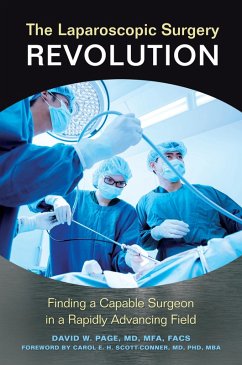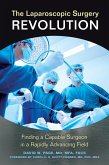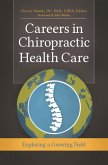Written by a surgeon with 40 years' experience in practice and instruction, this book provides vital, up-to-date information that explains the strengths and weaknesses of the laparoscopic surgery field to enable potential surgical patients to make the best decisions and choose a surgeon wisely. More than 30 years ago, laparoscopic or "keyhole" surgery suddenly appeared as an operative technique. Laparoscopy quickly grew in the U.S. surgical field, where now more than two million operations annually use the technique. But is the training surgeons receive in laparoscopy sufficient to ensure patient safety? What are the specific situations where laparoscopy is beneficial and justified, and when is it ill-advised due to the additional complexity and risk factors? This is the first book written for general readers-avoiding medical jargon wherever possible-to expose the gritty history and downsides of "minimally invasive surgery." Additionally, it provides the perspective and insights of an esteemed surgeon who was working at the inception of laparoscopy and has a full understanding of this now widely popular procedure across its development and lifespan. Readers will learn about the emergence of laparoscopic techniques in the 1990s, understand how minimally invasive surgery has been a boon to the business of surgery and to patient health and recovery overall, appreciate how the complexity involved in laparoscopic surgery has led to a higher incidence of surgeon "incompetence," and grasp the responsibility of a patient to take steps to assure that the surgeon is qualified before going into the operating room. Examination of eye-opening statistics on the outcomes of laparoscopic procedures documents the high level of capability of most surgeons, as well as the lack of appropriate ability with certain laparoscopic operations in the hands of some surgeons. The author also spells out how informed patients can be prepared to discuss and consider all aspects of an operation-and the surgeon's training and experience-to assure the best outcome for their health.
Bitte wählen Sie Ihr Anliegen aus.
Rechnungen
Retourenschein anfordern
Bestellstatus
Storno









